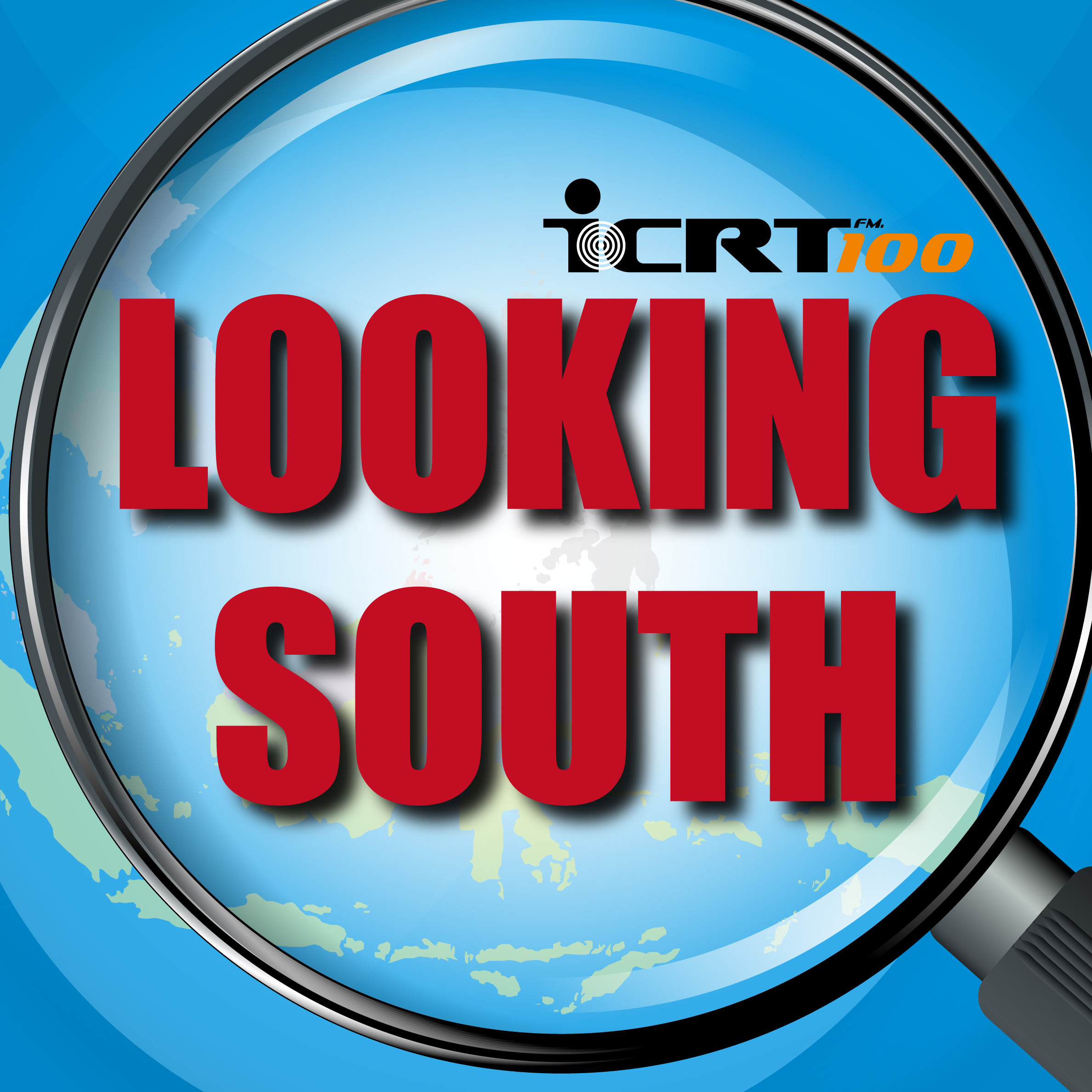In this episode of Looking South, Eric Gau chats with Taiwan’s representative to Myanmar, Representative Zhang Jun-fu of the Taipei Economic and Cultural Office in Myanmar, about the state of bilateral ties.
Focus on Myanmar
Eric Gau: Good morning everyone, I’m Eric Gau and you are listening to Looking South on ICRT FM100. In today’s installment we’re looking at ties between Taiwan and Myanmar under the New Southbound Policy. Joining us on the air today is Taiwan’s representative to the country, Mr. Zhang Jun-fu. Representative Zhang, welcome to the show.
Zhang Jun-fu: Thank you.
Eric: Ambassador, could you tell us what is the current status of ties between Myanmar and Taiwan?
Zhang: Since the Myanmar government adopted a more open policy in 2011 and both the EU and the US lifted their embargoes subsequently, bilateral relations between Taiwan and Myanmar have gradually improved, especially on trade and investment. Bilateral trade in 2016 increased by 2 percent to US$282 million; not much, but it’s growing. On investment, about 250 Taiwan businesses have invested here in Myanmar as of June 2017, at an amount of US$356 million, helping to create more than 50,000 job opportunities. Official numbers, both in the Taiwan and Myanmar governments, are much less, as most investment is done through Singapore, Hong Kong, Vietnam, or mainland China. Before my office was established in March last year, the people of Myanmar had to travel to Bangkok to apply for Taiwanese visas. Since then, and with the implementation of the New Southbound Policy, the visa application process has been simplified. Many of them can now apply online with no visa fee charged. As a result, the number of visitors from Myanmar to Taiwan has increased by 54%, from around 5,600 to 8,700.
Eric: The New Southbound Policy has already been in place for over a year now. How has it affected bilateral ties? You mentioned tourism growing. Can you give our listeners examples of success stories from it?
Zhang: Although this office was only established in March last year, there are still examples that can showcase the positive results of the New Southbound Policy in Myanmar. I will just name three. Firstly, the Taiwanese government has donated about a quarter of a million dollars to build two off-grid solar-powered systems in two remote villages in the central part of Myanmar. They were enthusiastically welcomed by the villagers. Secondly, four Taiwan digital opportunity centers have been established in partnership with the Myanmar government agencies and local foundations to provide training for government officials and ordinary people with different levels of computer skills. More centers are in the pipeline. Lastly, the Taiwanese government has also established an investment window in Yangon to provide investment-related information, including laws and regulations, to Taiwanese business interested in coming to invest in Myanmar.
Eric: So now we know some of the measures already in place. What other measures would you like to see the Taiwan government implement under the Policy to further boost exchanges and relations?
Zhang: As I mentioned earlier, Myanmar has been closed to the outside world for decades. Its regulatory regime and government policy are still evolving. Also relative to other countries in the region, Taiwan is a newcomer. It takes time to lay the necessary foundations to move forward with bilateral relations. However, if possible, I would like to see the following two measures taken into consideration under the New Southbound Policy. The first one is about vocational training, including allowing Taiwanese investors here to send their employees to Taiwan for training. The technical skills most needed right now are related to areas such as agriculture, fisheries, food processing, and basic manufacturing. The second one is about setting up a Taiwan industrial park. Many Taiwanese investors have expressed their desire that a Taiwan industrial park be established. It is expected that through group efforts in negotiating with the Myanmar side, better terms and conditions can be realized. It would also facilitate the attraction of companies needed to form a cluster so as to reduce the production costs. Besides, it is easier in this way to show Taiwan’s dedication to making contributions to the development of Myanmar’s economy.
Eric: The New Southbound Policy is also about fostering people-to-people exchanges. What do you hope Taiwanese people can learn about Myanmar through the policy?
Zhang: Myanmar is a very beautiful country, with a unique history. Its people are very proud of their time-honored traditions. Myanmar is a religious country; most of its people are dedicated to Buddhism, and obey the principles of Buddhism in their daily lives. Myanmar is considered to be Asian’s last frontier for trade and investment. It has rich resources including oil and gas, and has an abundant young labor force. Of course, its infrastructure and regulatory regime still need time to be appropriately developed, and therefore requires patience for Myanmar to come to its potential.
Eric: Finally, before we go, Ambassador Zhang, in your opinion, what would boosted ties and greater mutual understanding mean for bilateral relations in the future?
Zhang: Taiwan has a long historical connection with Myanmar. A significant part of Taiwan’s population came from Myanmar in the 1950s. Many of them still have relatives or connections in Myanmar, and they can be the bridges for closer bilateral relations. As I mentioned earlier, Taiwan is a latecomer to Myanmar; more mutual understanding is needed both government-to-government and people-to-people. The implementation of the New Southbound Policy is the right way to make that happen. Through more exchanges in the areas of education, health care, tourism, culture, as well as trade and investment, we are confident that a closer relationship between Taiwan and Myanmar can be achieved.
We’ve been chatting with Representative Zhang Jun-fu with the Taiwan Economic and Cultural Office in Myanmar. Representative Zhang, thank you so much for speaking with us this morning.
Zhang: Thank you.
Eric: And that’s it for Looking South here on ICRT. I’m Eric Gau, and thank you for tuning in.
